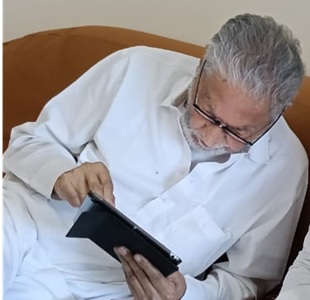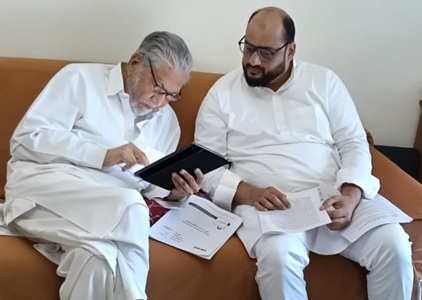 By Mayabhushan Nagvenkar Moscow, (IANS) Tourism authorities in Russia want customs and immigration officials to brush up on their English, even as they acknowledge that not knowing the language could prove an impediment to increasing tourist inflows from the English-speaking world, especially India.
By Mayabhushan Nagvenkar Moscow, (IANS) Tourism authorities in Russia want customs and immigration officials to brush up on their English, even as they acknowledge that not knowing the language could prove an impediment to increasing tourist inflows from the English-speaking world, especially India.
Random delays at immigration counters and a dearth of English signages have emerged as some of the red flags for Russian tourism authorities, who have begun to focus on the outbound market from India, which is expected to grow to $40 billion by 2020.
“There is very little excuse for the discomfort caused by the conduct of the customs officers. We regret it. Knowledge of English among customs officials in Russia has to increase, there is no question about it,” Rimma Sachunova, deputy chairperson of the St. Petersburg Committee on Tourism Development told IANS after a group of travel agents from India were detained for nearly three hours at Moscow’s Domodedovo airport.
“We will write an official letter to the customs service because now we have a lot of hope and expectation from the Indian tourist market,” Sachunova said.
Tourism experts believe that while the need for Russia to open up its locales for tourism is very real and necessary, the transition from being a country that was once “behind the Iron Curtain” to a democracy with open transit norms is not an easy one.
“Give us a little bit of time for us to change our borders,” said Marina Sokolov of Indigo Tour, which caters to the bulk of the inbound Indian tourists to Russia.
Ekaterina Borisova, attached to the Moscow Tourism Office, hoped that the federal government’s plan to set up a tourist office at major transit points used by international tourists could help cut down on the delay at Russian immigration and customs counters.
“We are trying to make customs (and immigration) more open, but unfortunately it takes time. Hopefully, we will open a tourist office at the airport, railway stations and all places where tourists arrive,” she said.
Sachunova also said that efforts to include the English language in the city’s road and Metro signages were already underway.
“We are working at ensuring that there are more signages in English at St. Petersburg. In fact St. Petersburg is the only city in Russia that has English signages in all its Metro stations,” she said.
While the lack of knowledge of the English language both among officials and amongst the populace is an acknowledged impediment, when it comes to enhancing tourist inflows to Russia from India, Paresh Navani of the Russian Information Centre, India, claimed that visa norms should be tinkered to allow easy access to Indians to visit Russia as tourists.
“With the Russian Federation opening up its policies and borders to ease tourism, this gives Indians the opportunity to tour these locations with ease, safety, comfort and at very reasonable costs compared to any other European destination and even in comparison to domestic destinations in India,” Navani said.
Over 50,000 Indian tourists visit Russia annually, while around 200,000 Russians visit India, especially Goa, every year.
(The writer’s visit was at the invitation of the Russian Information Centre, India. Mayabhushan Nagvenkar can be contacted at mayabhushan.n@ians.in)





0 Comments